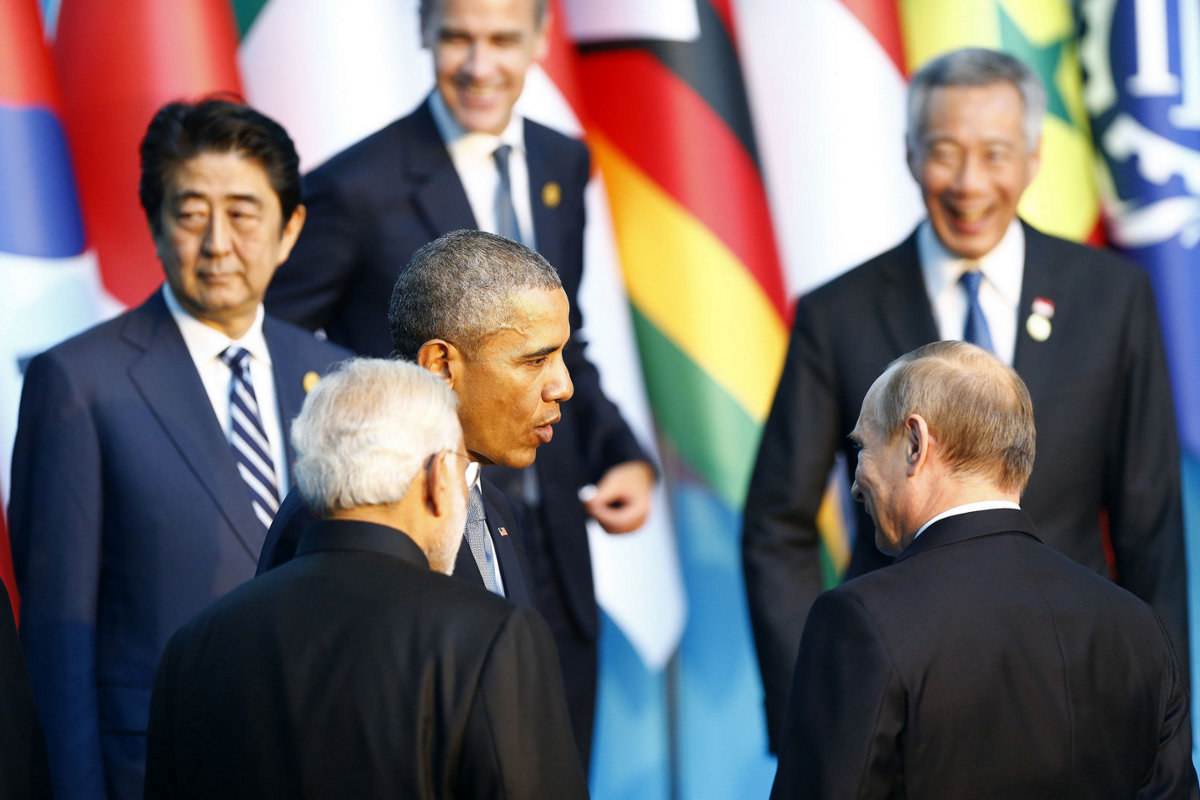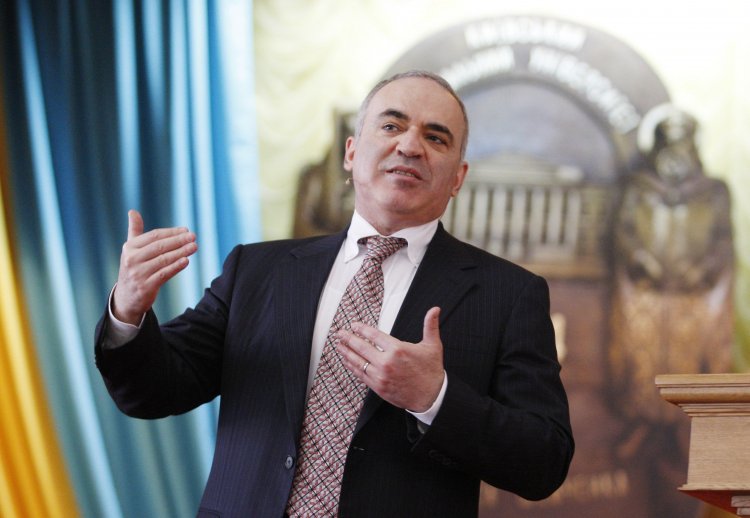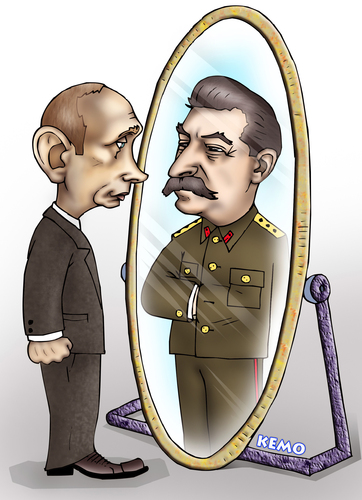Russian propagandists and many in the West have been repeating the Kremlin’s mantra that ISIS cannot be defeated without Moscow’s participation and that in order to secure Russia’s agreement, it is necessary to overlook Vladimir Putin’s Anschluss of Crimea and continuing aggression in Ukraine.
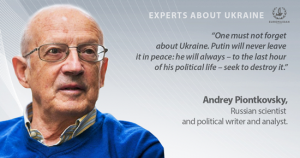 For such people, the model for the future is the anti-Hitler coalition of the 1940s and the Yalta and Potsdam Accords that followed; but Putin’s hopes for such an accord were not met in Antalya at the G20 meeting and are unlikely to be met in the future, according to Russian commentator Andrey Piontkovsky.
For such people, the model for the future is the anti-Hitler coalition of the 1940s and the Yalta and Potsdam Accords that followed; but Putin’s hopes for such an accord were not met in Antalya at the G20 meeting and are unlikely to be met in the future, according to Russian commentator Andrey Piontkovsky.
The reasons is simple: the two situations are radically different. “The West could not defeat Hitler without Stalin just as Stalin could not do so without the West. But the West can deal independently with ISIS. For that is needed political will,” Piontkovsky says. And it will be “simpler” to do so if the West isn’t having to make compromises with Putin and his client Assad.
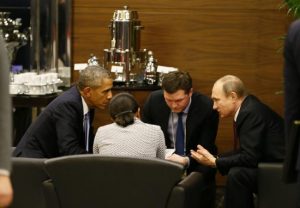
Since the Paris terrorist attacks, the analyst says, Russian propaganda has promoted the following line: “Let’s forget about all our disagreements on Ukraine because before us is a common mortal enemy which threatens the existence of all of us. We must put aside all petty matters and unite in the struggle with this enemy.”
This constitutes a renewal of the effort the Kremlin leader made in his speech to the UN General Assembly in September “to sell himself as a completely necessary ally of the West for the struggle with ISIS and to get in return a license to run the post-Soviet space including Ukraine.”
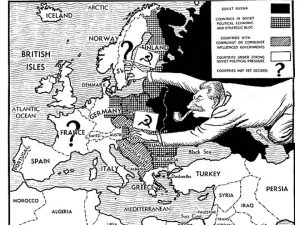
Kremlin-controlled media have promoted the idea that Putin made progress in this direction at the G20 summit, highlighting the fact that the Russian president met with various world leaders to discuss the fight against Islamist terrorism. But if one looks at what happened, a very different picture emerges.
Piontkovsky says that “all of Putin’s dreams about the handing over to him of Ukraine in the context of ‘an anti-Hitler coalition’ in the same way that Eastern Europe was handed over to Stalin, were not realized.” US President Barack Obama made clear that he expects Putin to live up to the Minsk Accords regarding Ukraine, something that points in a very different direction.
Ukraine certainly can expect that Moscow will continue to press Kyiv to change its constitution and decentralize the country, the Russian analyst says, to which the Ukrainian government should ask rhetorically whether Moscow thinks French President Hollande should negotiate with the Islamists “the federalization of France.”
“But the global deal, ‘the new Yalta,’ Putin will not be able to achieve” – at least as long as Western leaders recognize how different the situation now is from that in 1941 and show the political will to take on and defeat ISIS on their own.

